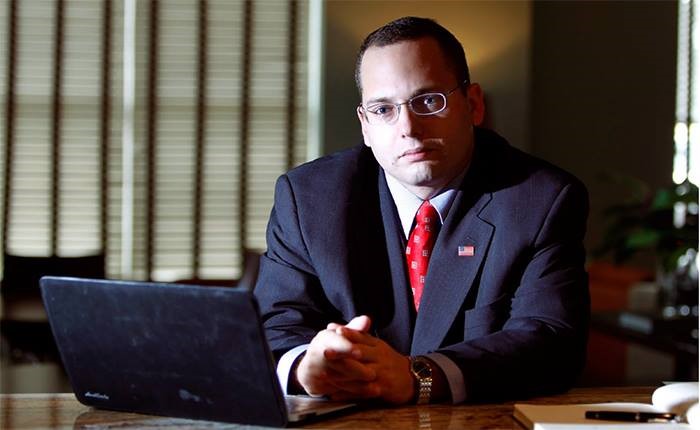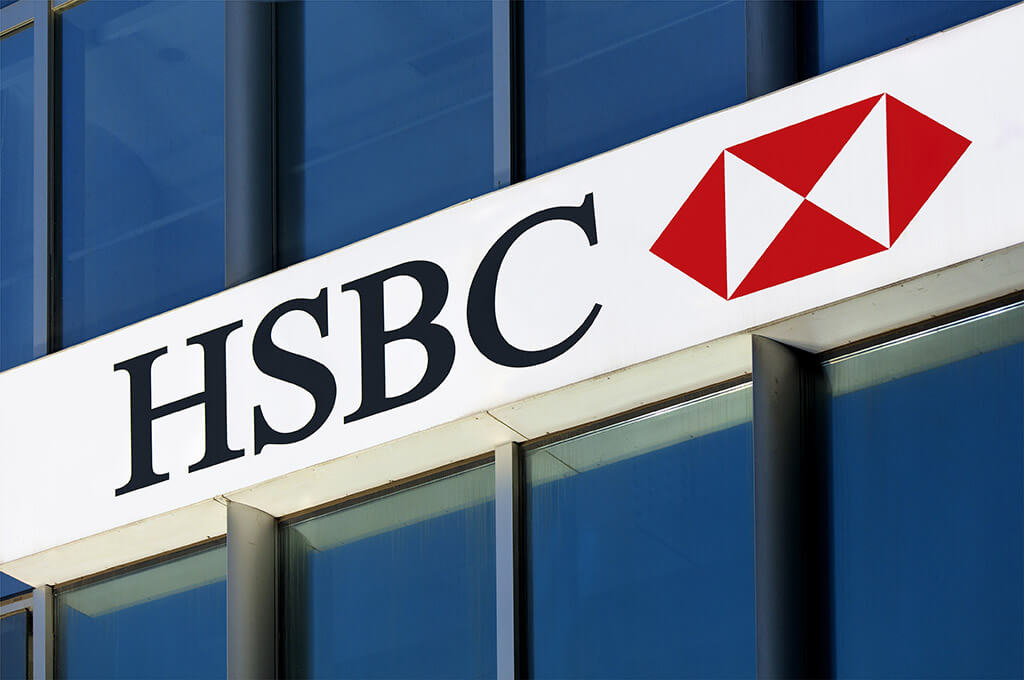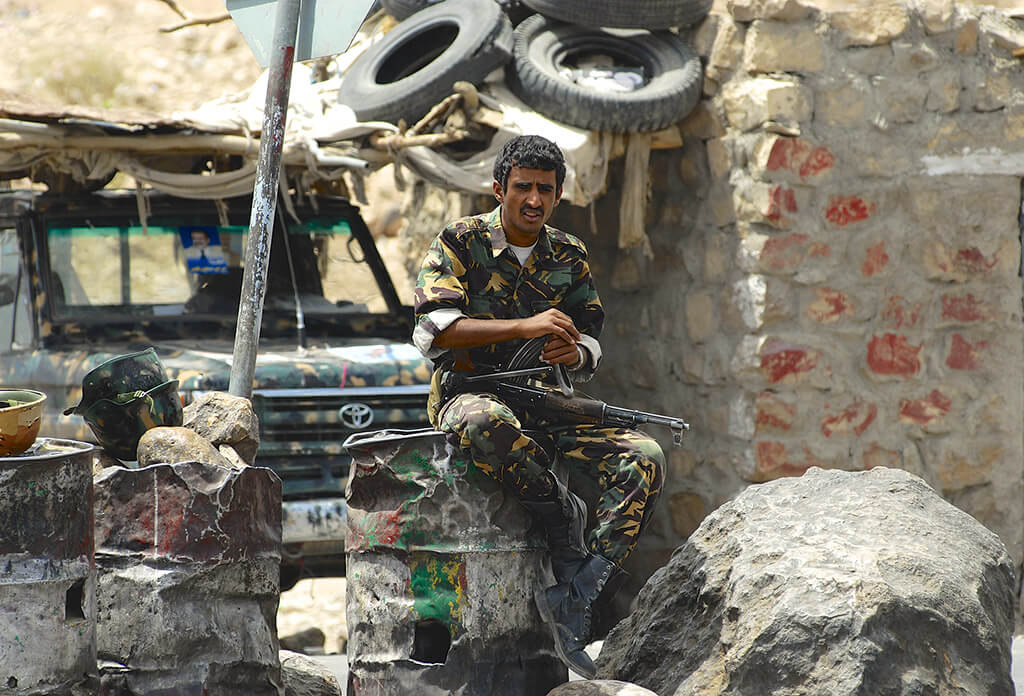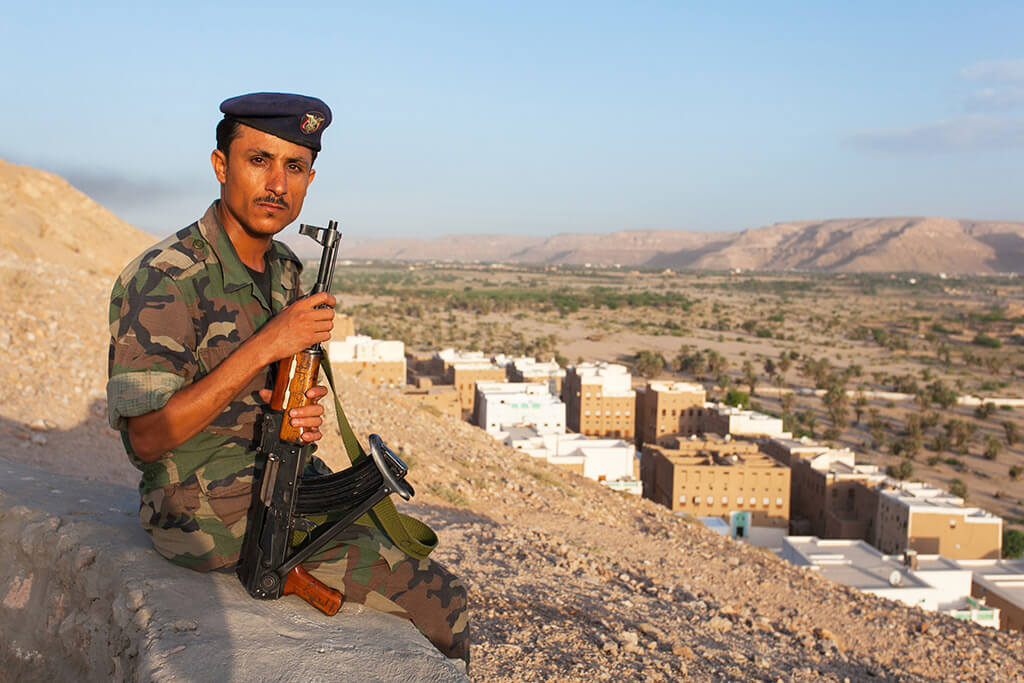Major banks are unwittingly laundering drug money to fund international arms deals, a former US Senate candidate tells BV editor HAL WILLIAMS
US BUSINESS intelligence expert and former Senate candidate Everett Stern says United States government institutions are complicit in the arms trade and continue to abet the laundering of drug money to fund weapons deals through major international banks.

Moreover, he says the US government refuses to sanction the banks concerned because of fears for the national economy. “Our own banking system and money is being used against us,” says Stern.
Stern says he has first-hand experience of arms dealing and shows an understanding of the undercover power struggles and financial machinations that fuel and fund the weapons trade. The Philadelphia-based former HSBC employee says he has witnessed terrorist financing for Hezbollah and other terrorist organizations, knows of many arms dealers, and understands how they operate.
“And I know why they are selling arms to specific countries,” he says.
Stern, born in New York City in 1984, joined HSBC Bank in 2010 after being rejected for a role with the CIA’s clandestine service. He was hired by the bank as an Anti-Money Laundering Compliance Officer.
At HSBC, Stern was assigned to monitor Middle East transactions in Delaware. The Delaware office was mostly empty and Stern and co-workers had little to do. Partly out of boredom, Stern started to work through some of the backlogged alerts.
He found a series of troubling transactions. An exchange company was wiring large sums of money to untraceable Middle East destinations. A Saudi fruit company was sending millions to a high-ranking figure in the Yemeni wing of the Muslim Brotherhood. HSBC was allowing millions of dollars to be moved from an African supermarket chain to a firm the Treasury Department had identified as major Hezbollah financiers.
No one seemed to care. The complaint against HSBC was not that it had allowed transactions using terrorist or drug money, but that it had allowed suspicious accounts to pile-up.

He quickly discovered that HSBC was – wittingly or unwittingly – facilitating the international transfer of hundreds of millions of dollars by terrorist organizations in direct violation of US law.
After reporting his findings to the bank, his managers directed him to call-off his investigation and “clear” any suspicious transactions.
Due to what he saw as “the national security threat to the United States posed by HSBC Bank’s intentional terrorist financing activities”, Stern began providing information to the CIA, and later presented an intelligence report to the FBI.
He left HSBC Bank and filed a whistleblower claim with the US Securities and Exchange Commission (SEC). A July 2012 report from the US Congress confirmed that HSBC “exposed the US financial system to a wide array of money laundering, drug trafficking, and terrorist financing risks”.
In December 2012, HSBC paid a record $1.92 billion fine in exchange for a deferment of criminal prosecution for five years. Nobody from the bank went to jail or paid individual fines; Stern says he hasn’t lost faith in the System.
But the trend – and the trade – continue unabated in 2018, he claims. “The enemy is not always the terrorist living in a cave with his hand on the trigger. Sometimes it is the high-ranking CEO in a business suit.”
Stern remains convinced that major financial institutions around the world, by intention or omission, facilitate international arms deals. “Wars cost money. Bullets, tanks and bombs all cost money. The US dollar is the world’s currency and even our enemies need access to US currency to facilitate arms deals.
“Our own banking system and money is being used against us.”
The sad part, says Stern, is that Washington is not willing to risk shutting down a bank such as (*name deleted for legal reasons – ed), “which I know is still laundering money for drug cartels and terrorists, because they believe it will cause a financial panic”.

To give a current example of the trade, Stern refers to the militant Lebanese Sh’ia organisation Hezbollah, which he says is dealing arms to Yemen rebels “for the ultimate use against Saudi Arabia”.
An independent arms dealer is someone, or a company, that provides weapons without being connected or tied to a country. “Their role is to broker deals between two parties. For example, between the Russians and Hezbollah.
“Independent arms dealers play an important role for intelligence agencies when they want to arm a terrorist organization or militia without having it traced back to the home country.”
Let’s take a quick look at the Yemen situation: The country is divided between the southern region, controlled by a Saudi-led coalition, and the northern region, ruled by the Houthis. (This roughly equates with the former territories of North and South Yemen.)
Hezbollah follows the Islamic Shi’a theology developed by Iranian leader Ayatollah Ruhollah Khomeini. But what is Hezbollah – a Lebanese Shiite militia dedicated to fighting Israel – doing in Yemen? And what has it got to do with ballistic missile attacks on Saudi Arabia?
“(Hezbollah) is backed by Iran and there is a proxy war between Iran and Saudi Arabia right now which is driving most of the arms dealing in the Middle East,” says Stern.
While Iran has not officially joined the war, its support of the Houthi includes the supply of weapons, the dispatch of military advisers and auxiliary troops, and generous financial support, Stern told BV.
Its involvement, he believes, has transformed the Yemeni civil war into a major struggle with Saudi Arabia over the future of the Middle East.
Israel’s Begin-Sadat Centre for Strategic Studies corroborates many of Stern’s observations. On its website, the Centre quotes Saudi Arabia’s foreign minister Adel Jubair as saying that “Lebanon has declared war” on his country.
That accusation was made after the launch of a ballistic missile from Yemen towards Riyadh International Airport (the missile was shot down by Saudi Arabia’s Patriot defence system). “This was an Iranian missile … launched by Hezbollah,” Jubair said. “We regard the Lebanese government as a government that has declared war on us.”
The type of arms changing hands depends on the countries and parties involved. Arms dealings between countries will include major weapons such as tanks, missiles, even jets.
“The US regularly arms Israel with the latest jets,” says Stern. “In the arming of rebels, militias, and terrorists, the weapons will be small in size, because they have to be smuggled, sometimes, in multiple shipments to avoid detection.
“Most arms dealings boil down to the world’s intelligence agencies, and the name of the game in intelligence is secrecy and not getting caught facilitating the deal.”
Defence contracting firms play a crucial role in making and suppling the arms, but the intelligence agencies, Stern believes, are the ones that make the deal happen.
“A defence contracting firm, at least in the US, will not go rogue and arm a militia in, let’s say, Africa without a green light from the intelligence agencies involved.”
Stern knows about banking shortcomings and the arms trade; but he knows about the media spotlight too. After his whistleblowing episode, he gave an interview with Rolling Stone magazine which turned him into something of a household name in the States.
He is also featured in a 2018 Netflix True Crime series – directed by Oscar-winner Alex Gibney – investigating HSBC Bank’s money laundering.
After leaving HSBC in 2012, he founded Tactical Rabbit, a private intelligence firm that provides clients with business intelligence. “Tactical Rabbit intelligence officers are operating in over 10 countries,” says Stern. “Tactical Rabbit intelligence officers are always operating in the field.”

In 2016 Stern was a candidate for a US Senate primary on a Republican ticket, challenging incumbent Senator Pat Toomey. After the primary, he continued to run as an Independent.
In 2017, drawing on the success of Tactical Rabbit’s business intelligence predictions involving publicly traded companies, he founded hedge fund Rabbit Alpha.
His whistebowing action resulted in Stern “losing everything”.
“I was reduced to working as a waiter. I went from working at a Chinese Bank to working at a Chinese restaurant. My MBA education was worth $2.15 an hour plus tips.”
Stern felt that treason was being committed against the United States, but nobody would listen to him. “This was the driving force that led me to form Tactical Rabbit.”
Arms dealing, of course, continues unabated. But where do the weapons come from?
“Russia is the primary source of providing weapons to arms dealers,” says Stern. “Russia is directly responsible for arming the countries that are the enemies of the United States such as Iran, but more importantly Russian intelligence provides ‘sponsored’ arms dealers with Russian weapons to arm terrorist organizations and groups working against American interests.
“The evidence of this is seen by the widespread use of the enemy possessing the Russian made AK-47 (rifles).”
However, there are so many AK-47 assault rifles in circulation that many believe there is no longer any direct link between the brand and the country of origin. An estimated 75 million AK-47s exist, spread around the world.
While the AK-47 was invented by Mikhail Kalashnikov in the former Soviet Union in 1947, its durability and reliability has made it the most popular assault rifle in the world. The rifles are manufactured all over the world – even in the US.
Stern begs to differ about absence of a link between the smoke and the fire. “The Russian intelligence agencies FSB and GRU facilitate the arms deals along with providing missile and nuclear technologies,” he says. “The Cold War is far from over.”
But Stern admits the US plays an important role in international arms dealing. “The United States is the main arms dealer for Saudi Arabia, a sworn enemy of Iran, which is backed by Russia.
“The US supplies tanks, guns, ammunition, including missile defence systems — which we have seen play a critical role in protecting Saudi Arabia from the missile attacks from a terrorist group, the Houthi militia, based in Yemen, which is being armed by Hezbollah,” he says. “The Houthi militia does not have the capability to develop the missiles launched on their own. Hezbollah, hence Iran, is attacking Saudi Arabia indirectly through a proxy war, with Yemen as the battleground.”
The Central Intelligence Agency is “largely responsible for arming groups that act in the interest of the United States, such as the Kurds in Iraq or the Rebels in Syria”.
“Russian Intelligence (FSB / GRU) is arming our enemies and the CIA is arming our friends,” Stern Says. The scale of this uninterrupted international trade runs into “billions upon billions of dollars”, says Stern.
“Wars are expensive. Especially the secret ones.”




























